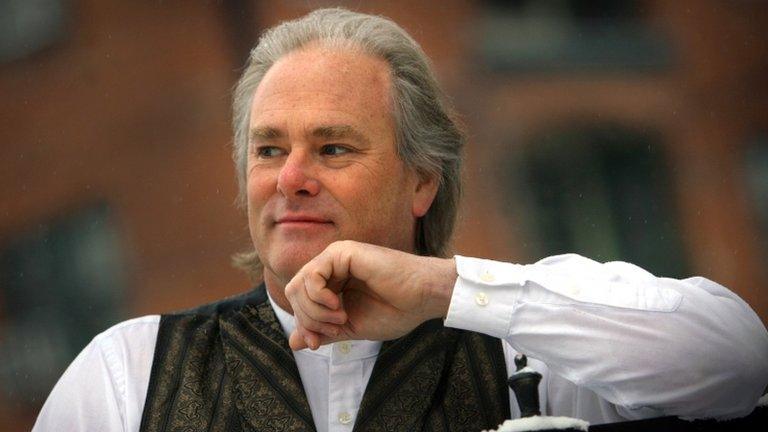UK national sperm bank has just nine donors
- Published
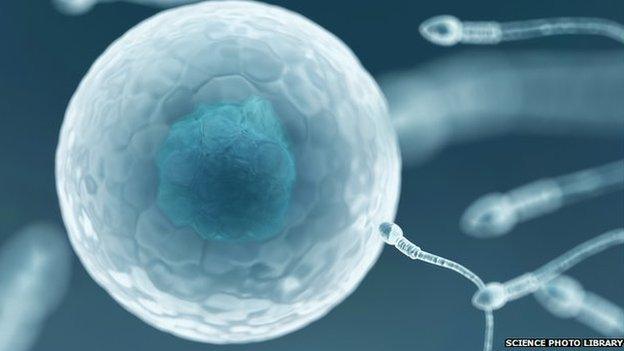
Donors must have strong sperm that can survive the process of freezing
Just nine men are registered as donors a year after the opening of Britain's national sperm bank in Birmingham.
It is now planning a recruitment drive, with chief executive Laura Witjens saying that appealing to male pride may be an effective way to boost donations.
She has suggested a new campaign featuring a cartoon superhero, echoing a successful strategy in Denmark.
Ms Witjens said she hoped adopting the "superman" message would help.
But it could still take five years before the national sperm bank had enough donors.
She told the Guardian:, external "If I advertised saying 'Men, prove your worth, show me how good you are', then I would get hundreds of donors.
"That's the way the Danish do it. They proudly say, this is the Viking invasion, exports from Denmark are beer, Lego and sperm. It's a source of pride."
'Lots of tests'
The national sperm bank, based at Birmingham Women's Hospital, received a £77,000 grant from the Department of Health to get up and running, but it will now be funded independently of the government.
It was created to help tackle the shortage of donors which often drives patients overseas or to unregistered services. It is also the first UK clinic to give people from ethnic minorities the chance to choose from a range of culturally matched donors.
It will start shipping its first batches of sperm to clinics nationwide from January 2016.
Ms Witjens told BBC Radio 4's Today programme that while nine was a small number, it actually meant thousands of men were coming forward.
"Nine donors at this stage can help 90 families, which is 90 families who otherwise would have had to go abroad," she said.
Donors must have strong sperm to qualify, and Ms Witjens said many men were either put off or rejected after coming forward.

Sperm donation: the rules
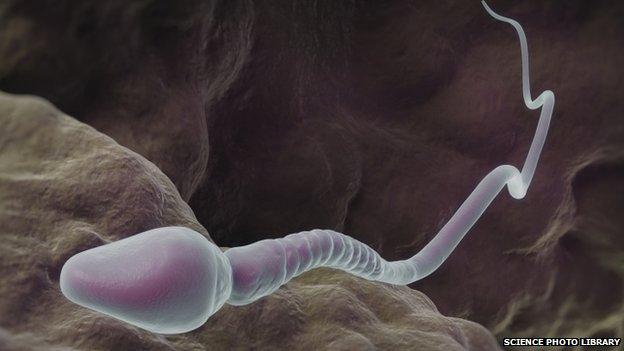
The change in the rules in 2005 means children conceived using donor eggs or sperm will be able to trace their biological parent in the same way as children who are adopted
Those children will have no legal or financial claim against the donor parent
However, the law change was not retrospective so the first children concerned will not turn 18 until 2023. None of the rules have therefore been tested in any kind of court case
Donors do not have the right to trace their offspring

Men must attend the clinic twice a week for three or four months and have a wide range of tests, she said.
"Then the crux is having your sperm frozen and then tested, and that's where most men fail - about 80 to 90%."
All children born as the result of sperm donation since 2005 will have the right to know the identity of their father when they turn 18.
However, a donor is not the legal parent and is not named on the birth certificate.

The screening process
Potential donors - who must be aged between 18 and 40 - must be screened for any genetic abnormalities that could be passed onto offspring
Semen samples will be analysed for sperm quantity, quality and movement, and donors must also be checked for any infectious diseases, such as HIV
Those who pass these tests have their sample frozen for at least six months before it is tested again
Not all sperm cells survive freezing and thawing, which means that afterwards there may be a reduction in quality. Only men whose samples remain of acceptable quality after freezing can be donors

Concern about loss of anonymity has put many men off coming forward at a time when demand is rising, especially from same sex couples and single women.
"One of the problems we have is this myth that you become the father either legally or socially," Ms Witjens said.
"Children may want to know who their biological father is, but it doesn't mean to say that at the age of 18 they knock on your door and call you daddy. It's about curiosity."
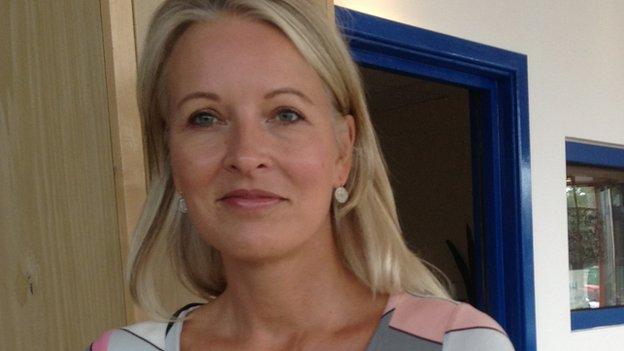
Laura Witjens said paying donors more money was not the answer to the UK's sperm shortage
Donors are paid £35 per clinic visit, but Ms Witjens said financial reward was not a good way to boost recruitment.
"We might get more donors if we paid £50 or £100 per donation, but money corrupts.
"If you feel you can make £200 a week for four months, you might hide things about your health."
Ms Witjens told the Guardian a November advert was planned, asking men to consider giving an "alternative Christmas gift".

Have you ever donated sperm? Email haveyoursay@bbc.co.uk, external with your experience.
Please include a contact number if you are willing to speak to a BBC journalist. You can also contact us in the following ways:
Whatsapp: +44 7525 900971
Send pictures/video to yourpics@bbc.co.uk, external
Tweet: @BBC_HaveYourSay, external
Send an SMS or MMS to 61124 or +44 7624 800 100
- Published1 September 2015
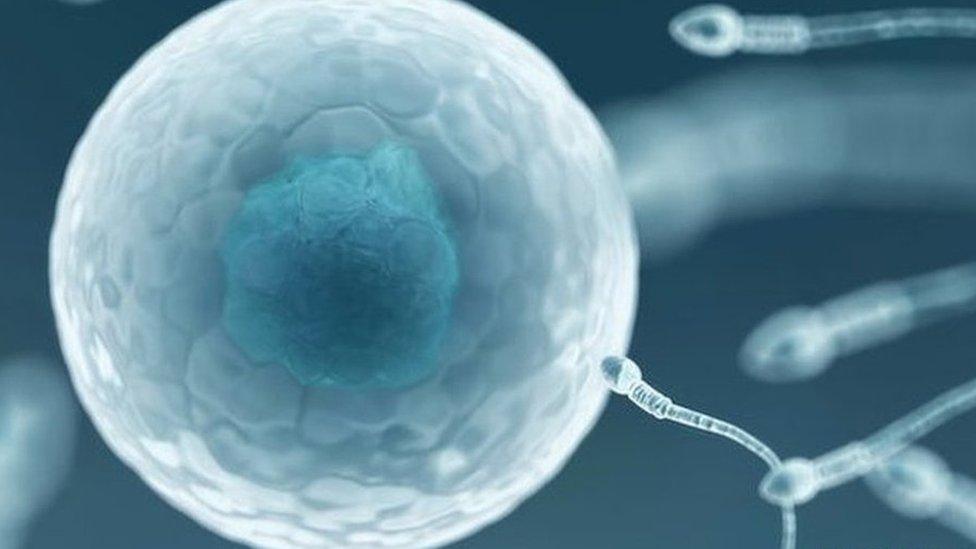
- Published14 August 2014
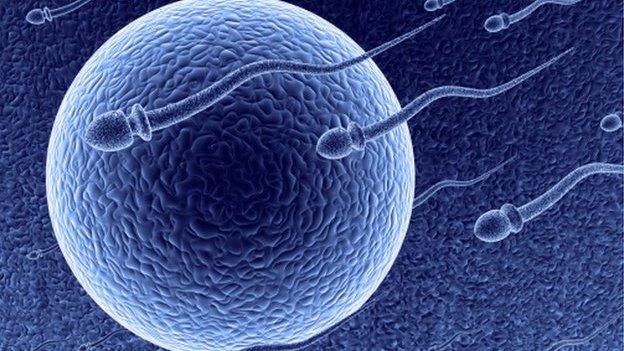
- Published28 June 2014
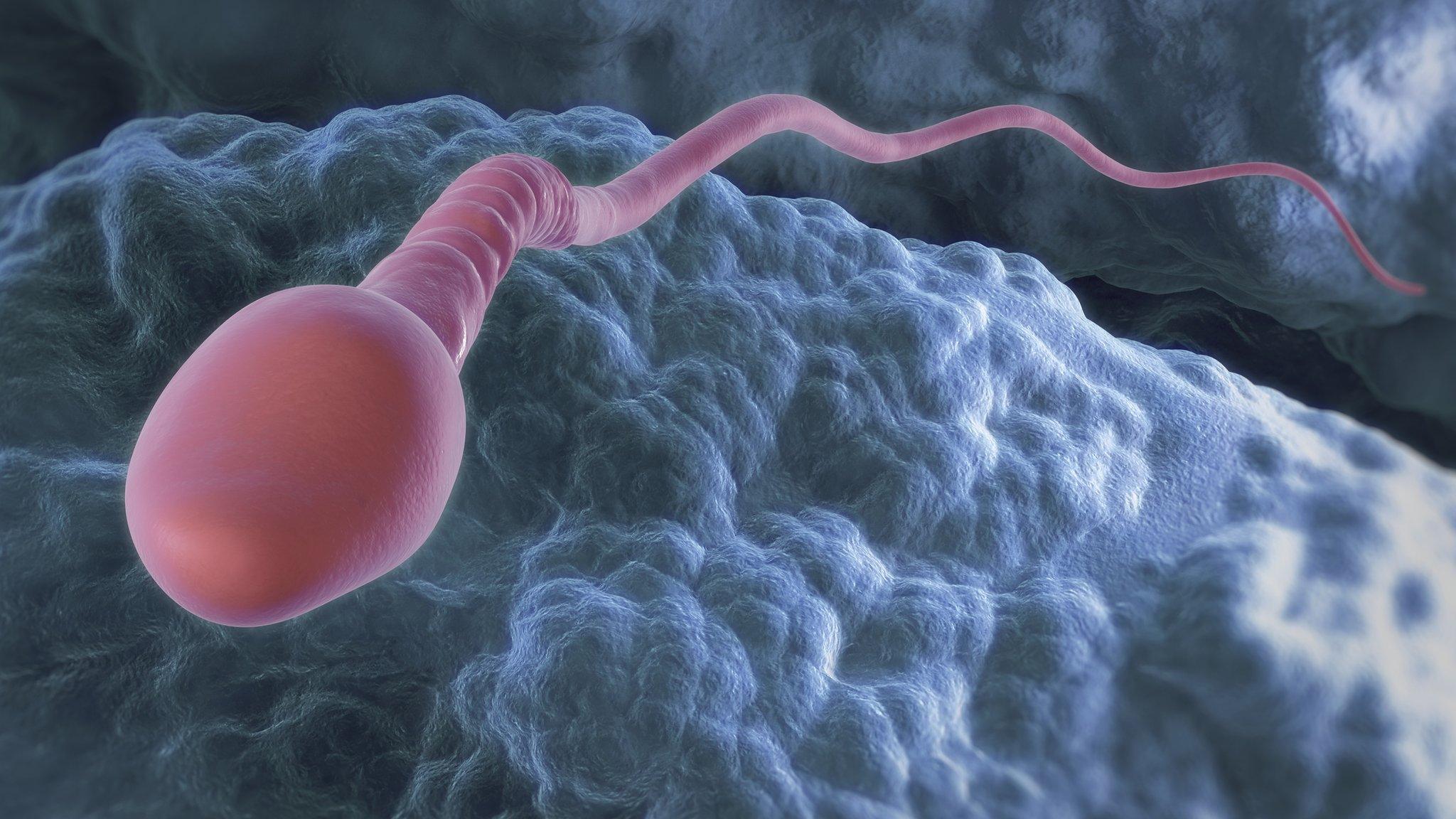
- Published20 February 2013
